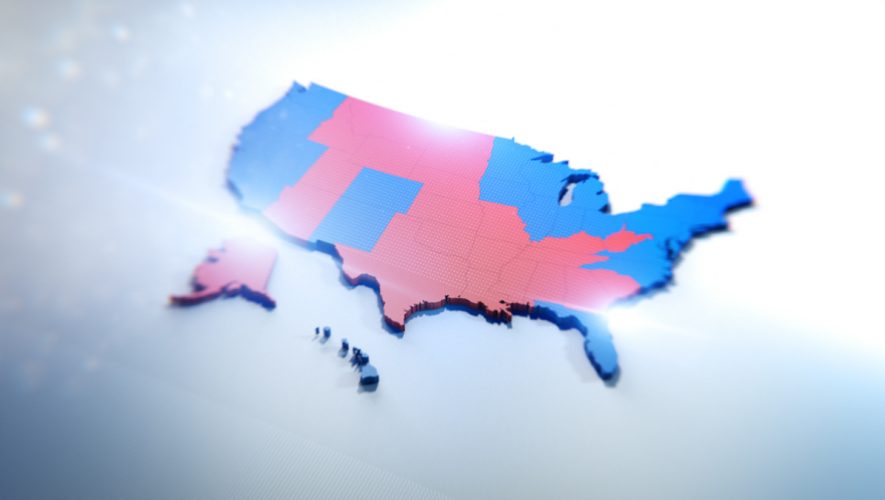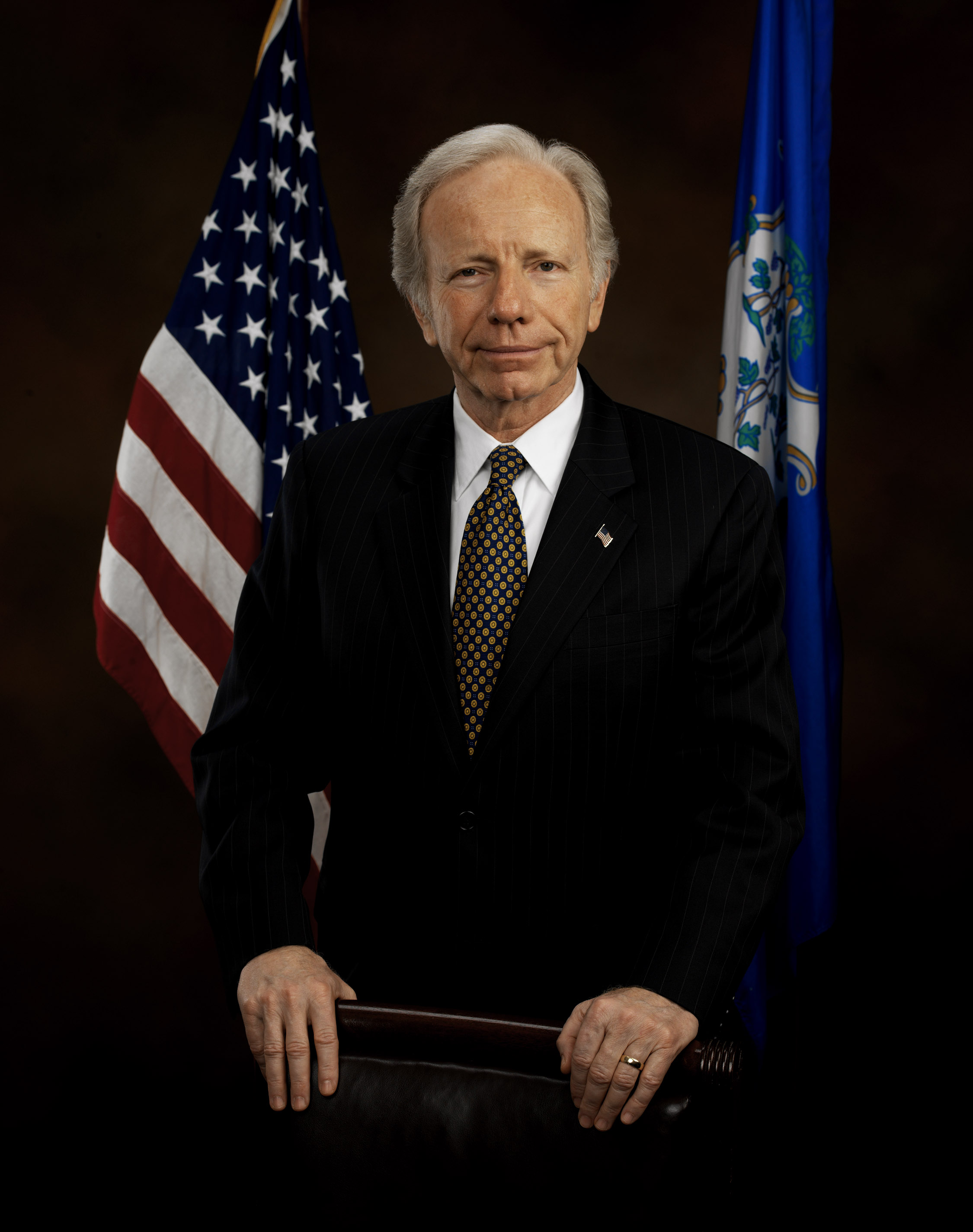Our nominating process for presidential candidates needs to change. Not just because of the Democratic Party’s blundering of the Iowa caucus—though it’s hard to deny that was a complete disaster and the caucus system should be reexamined—but because two states that no longer reflect the demographics of America maintain undue influence in the primary process.
This wasn’t always the case, particularly with Iowa. In fact, Iowa did not hold the first-in-the-nation caucuses until 1972, and even then there was little press or excitement. It was Jimmy Carter’s 1976 campaign that changed how the nation viewed the Iowa caucus and New Hampshire primary, despite New Hampshire being the first-in-the-nation primary since 1920. Carter was a relatively unknown governor early in his campaign, but thought a strong showing in Iowa would give him “momentum” and viability. Sound familiar? So began the deteriorating tradition of heavy emphasis on winning over the voters of Iowa and New Hampshire.
Over the past forty years, the top Democratic vote-getter in Iowa has won the nomination seven out of ten times. This is in part due to the considerable weight placed on the early contests, leading to strategic voting and people voting by the polls rather than for their actual first choice. While one could dismiss this as voter choice, every person wants to feel like their vote matters and that they are backing a winning horse. If one candidate is seen as having great momentum, people will flock to them and abandon candidates deemed unelectable after Iowa and New Hampshire. The only president to win neither Iowa nor New Hampshire was Bill Clinton.
This issue of momentum is particularly bad because these two states do not reflect the greater United States. As Julián Castro brought up before he dropped out of the Democratic race, 40 percent of Democratic Party members are people of color, compared with nine percent of Iowans and six percent of New Hampshirites. The populations of Iowa and New Hampshire make up only 1.3 percent of the country, but a single vote there has the same influence as five votes in the fifteen jurisdictions that hold their primaries on Super Tuesday, and up to twenty times more influence than votes in later primaries.
The system is undemocratic. If the purpose of American democracy is to empower the people to choose their leaders, particularly during the nominating process of presidential primaries, a small percentage of citizens shouldn’t have more influence on an election than others.
Castro made the order of the primaries one of his most-talked-about issues before he dropped out of the race, saying, “It’s a mess. What we saw out there and heard about are, consistently, errors in the way that this process was done, whether in the initial phase or the realignment.”
What Castro is referring to is the process of the caucuses, which is confusing for many, even the participants. The Democratic and Republican caucuses also differ, with Republicans using a more straightforward system of a secret paper ballot handed to the caucus chair, tallied, and reported to party headquarters. While still inconvenient, Democratic caucusing is much more public, complicated, and lengthy. Democratic caucus-goers stand in groups in different parts of the room, indicating their preferences. This is known as the initial phase. If the candidate does not receive support from at least 15 percent of caucus-goers, the caucus-goers must choose a new candidate to support—a practice known as realignment.
From there the votes are tallied and sent to the party headquarters, a process that was dramatically disrupted by a technological failure of the reporting app the Democrats debuted this year. As one can imagine, requiring attendance creates disadvantages and disenfranchises voters who are differently abled, required to work night shifts, lack consistent transportation, or just can’t spend hours standing around in a large room on a weeknight. Unsurprisingly, this results in a very low voter turnout, lower than in states with primary votes.
Democratic Senator Dick Durbin of Illinois stated, “I think the Democratic caucus in Iowa is a quirky, quaint tradition which should come to an end. As we try to make voting easier for people across America, the Iowa caucus is the most painful situation we currently face for voting.” More and more commentators are also calling for a change in the nominating schedule. MSNBC analyst Steve Kornacki pointed out that Iowa’s first-in-the-nation status has been under attack for a long time but that “criticism has been louder than ever this past year, and now those critics may have the ammunition they need to kill it.”
So what can be done about this broken nominating system? Some have argued a more populous, diverse state should hold the first-in-the-nation contest. Illinois and New York best reflect the demographics of the entire country, so why not just have those states be the first primaries? Each state has their own laws related to when primaries and caucuses are held, and Iowa has a law on their books that they will hold their caucuses at least eight days before any other primary contest, while New Hampshire’s law dictates their primary will be held before any other primary vote.
It is highly unlikely these states change their laws—which protect their vaulted position—on their own. The Democratic National Committee pressuring states to change their systems, particularly if the Democratic presidential bid fails in 2020, would likely be the most effective way to lobby for a calendar change. One of the most popular suggestions for a change is to hold every contest on the same day. This could pose problems for underdog, underfunded candidates, but if the primary calendar were changed, how candidates campaign would change as well.
Author Caroline Tolbert recently published a book discussing the issue of Iowa being first-in-the-nation. She argues there needs to be at least a few early caucuses or state primaries, but these could take place more as a straw poll of candidates’ abilities to campaign, which would then be followed by a national primary when everyone would vote. These straw-poll-type events could still take place in smaller states, Tolbert argues, as it would still allow candidates with less campaigning money to have a chance to connect with voters, but the actual vote would take place all at once in order for every voter to have equal influence in the nomination.
Clearly there is not a single, or easy, solution to the issue of this uneven nominating process, which is also just a small component of a deeply flawed election system. Caucuses violate the principle of the secret ballot. The Electoral College overrepresents voters in smaller, rural states at the expense of voters in more populous, urban ones. But these are structural changes that are unlikely to take place anytime soon, possibly ever, unless major reform is undertaken. We can take a step forward by ensuring equal influence for each voter by no longer having Iowa and New Hampshire lead the nominating schedule.



